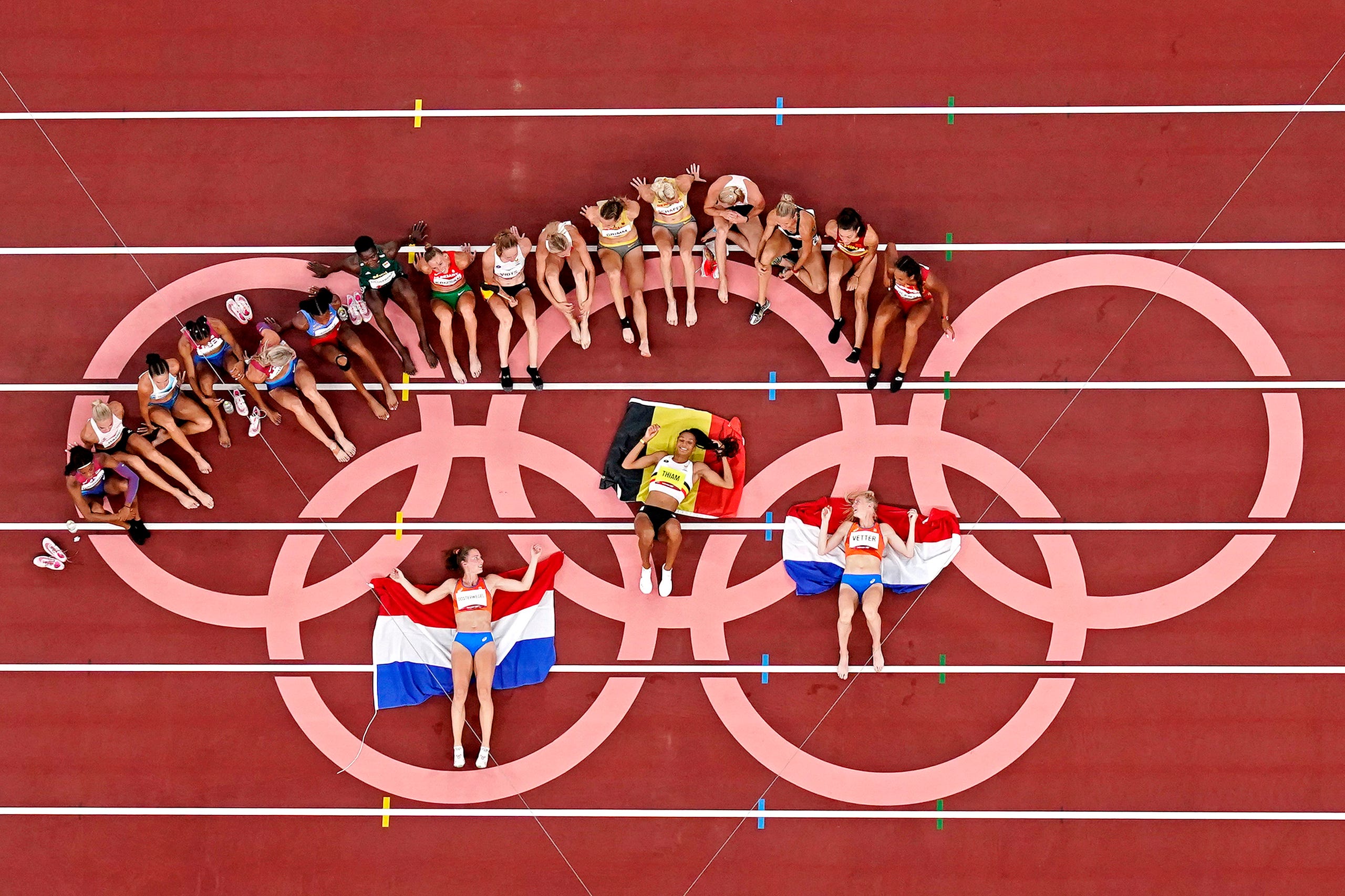TOKYO – The head of an expert group that advised Tokyo Olympic organizers on coronavirus prevention measures touted their efforts for controlling the spread of the virus during the Games.
With one day to go in these Olympics, organizers announced 22 new cases to bring the total to 404 from pre-Games and airport testing and screening testing since July 1.
“This has been, as promised, a safe and secure Games,” said Brian McCloskey, who led the advisory panel.
“What Tokyo has just done in a historic way is prove that that advice is the right advice. And by following basic public health measures and by layering on top of that the testing program, we have shown it is possible to keep the pandemic at bay.”
The group helped create the playbooks that participants – everyone from athletes to officials to media – were required to follow, basing them on well-known coronavirus prevention measures of distancing, mask use and hygiene.
Since July 1, organizers have conducted more than 600,000 tests and found a fraction of a percentage positive. With one day to go in the Games, organizers reported that 29 athletes had tested positive in Tokyo.
The majority of cases were of residents of Japan, and specifically contractors working the Games who accounted for 220 of the positive cases. Spread of the coronavirus has reached record highs in Tokyo during the Games, with more than 5,000 cases reported on Wednesday.
Tokyo organizers have said there is not a connection between the rising cases in the city and the Olympics, citing assertions from Prime Minister Yoshihide Suga. McCloskey said contractors who worked closest to the athletes or who had contact with foreign visitors were tested daily.
“It’s that protection of the link between the international and the domestic that gives us confidence to say there wasn’t spread between the two,” he said. “We will continue looking at that.”
Athletes, media and officials were restricted to their accommodation, venues and Olympic transit during their first 14 days in the country. Visitors to Japan were at least 70% vaccinated, and several groups estimated to be more than 80% vaccinated.
McCloskey said the group’s review of the data will continue after the Olympics and that it will release a report in the future. Specifically, the group is looking at cases among country delegations upon returning home as well as cases in Japan.
As the Games neared an end, he remained confident that the measures put in place had worked though data would reveal in the coming months how much that holds true.
“It’s the whole package of doing the public health measures and the testing,” he said. “The message is you need to carry on doing all of them, and that’s how you get out of this pandemic.”
The lasting (and disappointing) legacy of the Tokyo Olympics
Nancy Armour believes the Tokyo games will be remembered for two things: How spectacular they could have been if not for COVID and the resiliency of the Olympic athletes to even get to Japan to compete.

